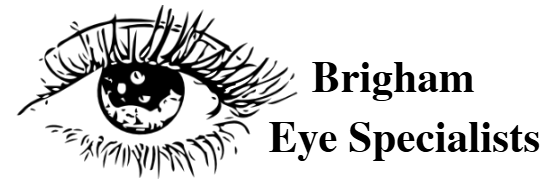
Glaucoma is often referred to as the “silent thief of sight,” and for good reason. This group of eye diseases can cause irreversible damage to the optic nerve, often with no noticeable symptoms in the early stages. Left untreated, glaucoma can lead to permanent vision loss and even blindness.
What Is Glaucoma and How Does It Affect Your Vision?
Glaucoma typically develops when fluid builds up in the eye, increasing intraocular pressure (IOP). This pressure can damage the optic nerve, which is responsible for transmitting visual information from the eye to the brain. There are several types of glaucoma, with open-angle glaucoma being the most common. It progresses slowly and painlessly, which makes regular eye exams essential for early detection.
As the disease advances, peripheral vision is usually the first to be affected. Over time, this loss can progress to tunnel vision and eventually complete blindness if not managed.
How Glaucoma Impacts Daily Life and Activities
The effects of glaucoma go beyond vision - they can deeply impact your quality of life and independence. Common challenges include:
Driving Difficulties: Peripheral vision loss makes it harder to detect other vehicles, pedestrians, or objects approaching from the sides. Night driving can also become particularly dangerous due to reduced contrast sensitivity and glare.
Reading and Screen Use: Advanced glaucoma can make it harder to read printed text or view screens clearly. Tasks that once were simple can become frustrating.
Mobility and Navigation: With diminished peripheral vision, navigating stairs, curbs, or crowded environments becomes riskier, increasing the likelihood of falls and injuries.
Household Tasks: Activities like cooking, cleaning, and recognizing faces may become difficult as vision deteriorates. This can lead to a sense of isolation and reduced independence.
Mental and Emotional Health: Living with glaucoma can lead to increased stress, anxiety, and even depression, especially as vision loss progresses.
The Importance of Regular Eye Exams
Because glaucoma can progress without symptoms, regular medical eye exams are the most effective way to detect it early and begin treatment to slow its progression. At Brigham Eye Specialists, our experienced ophthalmologist uses advanced diagnostic tools to monitor eye pressure, assess the optic nerve, and track any changes in vision.
For those diagnosed with glaucoma, ongoing monitoring and treatment can help preserve vision and maintain quality of life. Early intervention is key to preventing serious vision loss.
Schedule Your Medical Eye Exam Today
Glaucoma can have a profound impact on your vision and daily life, but with timely diagnosis and proper treatment, its effects can be managed. If you’re over 40, have a family history of glaucoma, or haven’t had a comprehensive eye exam recently, now is the time to take action.
Schedule a medical eye exam with Brigham Eye Specialists to protect your vision and stay ahead of glaucoma before it impacts your vision and quality of life. Visit our office in Brigham City, Utah, or call (435) 734-2097 to book an appointment today.




